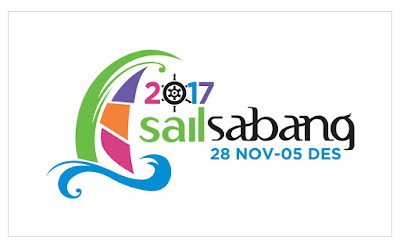Hacking link to USS McCain warship collision? Expert says ‘I don’t believe in coincidence’
THE collision of a second US warship this year points to the possibility of cyber espionage, an expert has warned.
The US Navy ordered an investigation Monday into its entire 7th Fleet, based in the Pacific, after the USS John S McCain was involved in a run-in with an oil tanker near Singapore.
The incident left a gaping hole in the destroyer’s hull, injured five sailors and left 10 sailors still missing.
It was the second major collision in the last two months involving the 7th Fleet. Seven sailors died in June when the USS Fitzgerald and a container ship collided in waters off Japan.
US Defence Secretary Jim Mattis announced a pause in operations of the fleet so officials can take a deeper look at its performance, including personnel, navigation capabilities, maintenance, equipment, surface warfare training, munitions, certifications and how sailors move through their careers.
Navy Admiral John Richardson later clarified in a Twitter post that the review would include the possibility of cyber intrusion or sabotage, although there were “no indications right now”.
“But review will consider all possibilities,” he said.
Speculation has been building that the USS McCain was hacked ever since news broke about the collision.
Itay Glick, founder of cyber security firm Votiro said he had immediately become interested in the potential for cyber interference when he heard about the accident yesterday.
“I don’t believe in coincidence,” Mr Glick told news.com.au.
“Both USS McCain and USS Fitzgerald were part of the 7th Fleet, there is a relationship between these two events and there may be a connection.”
Mr Glick worked in the cyber-warfare unit of the Israeli intelligence agency for seven years and he believes countries like Russia and China may have the capability to launch an attack on the warships.
“China has capabilities, maybe they are trying things, it is possible,” he said.
He believes there are two main ways the warship could have been interfered with, including an attack on its GPS that impacted its navigation, or a malware attack on its computer network that gave it incorrect information which may stopped it from seeing the tanker.
Some have dismissed the idea the warship could have been subjected to a GPS spoof as unlikely, because the signal would have to be wide enough to affect dozens, if not hundreds of ships in the region.
But Mr Glick said there had already been evidence of this type of technology being used to set at least 20 ships off track in the Black Sea near Russia, and experts have speculated there is potential for it to be isolated to just one target.
“There is already a lot of interest in cyber protection of cars and autonomous vehicles, we can deduce from that, there might be a way to control ships and airplanes,” Mr Glick said.
“Whenever control of the vessel is done by computer, or navigation is done by computer, there is a big risk for a cyber attack on that computer.
While investigation of the USS Fitzgerald’s collision in June has not been completed, it has already pointed to some human error. The captain has since been relieved of his command and other sailors were punished after the Navy found poor seamanship and flaws in keeping watch contributed to the collision.
But Mr Glick said unless the warships were at a high readiness level, they were probably relying more on the computer for navigation than on human eyes.
“Blaming a human is often easier than considering the possibility of a cyber attack,” he said.
He believes the latest collision strengthens the case for the possibility of cyber espionage.
“There might definitely be, because it’s not the first incidence.”
The USS McCain had been heading to Singapore on a routine port visit after conducting a sensitive freedom-of-navigation operation last week by sailing near one of China’s man-made islands in the South China Sea.
The accident happened at the start of a designated sea lane for ships sailing into the Singapore Strait, one of the world’s busiest.
Admiral Richardson, the chief of naval operations, said the comprehensive review of the 7th Fleet would look at operational tempo and trends in personnel, matériel, maintenance and equipment.
Adm. Richardson wants to ensure there aren’t bigger problems in the fleet that may be masked by the high pace of operations and budget uncertainties, according to a Navy official.
He has directed Admiral Phil Davidson, head of the Navy’s Fleet Forces, to lead the investigation.
“This review will be on a very tight timetable,” Richardson said.
“I want to get frequent updates. This requires urgent action and we need to get to it and take corrective action.”
SOURCE : http://www.news.com.au/technology/online/hacking/hacking-link-to-uss-mccain-warship-collision-expert-says-i-dont-believe-in-coincidence/news-story/7bce663e0c93774d2b1f755e22704dcd




Komentar
Posting Komentar